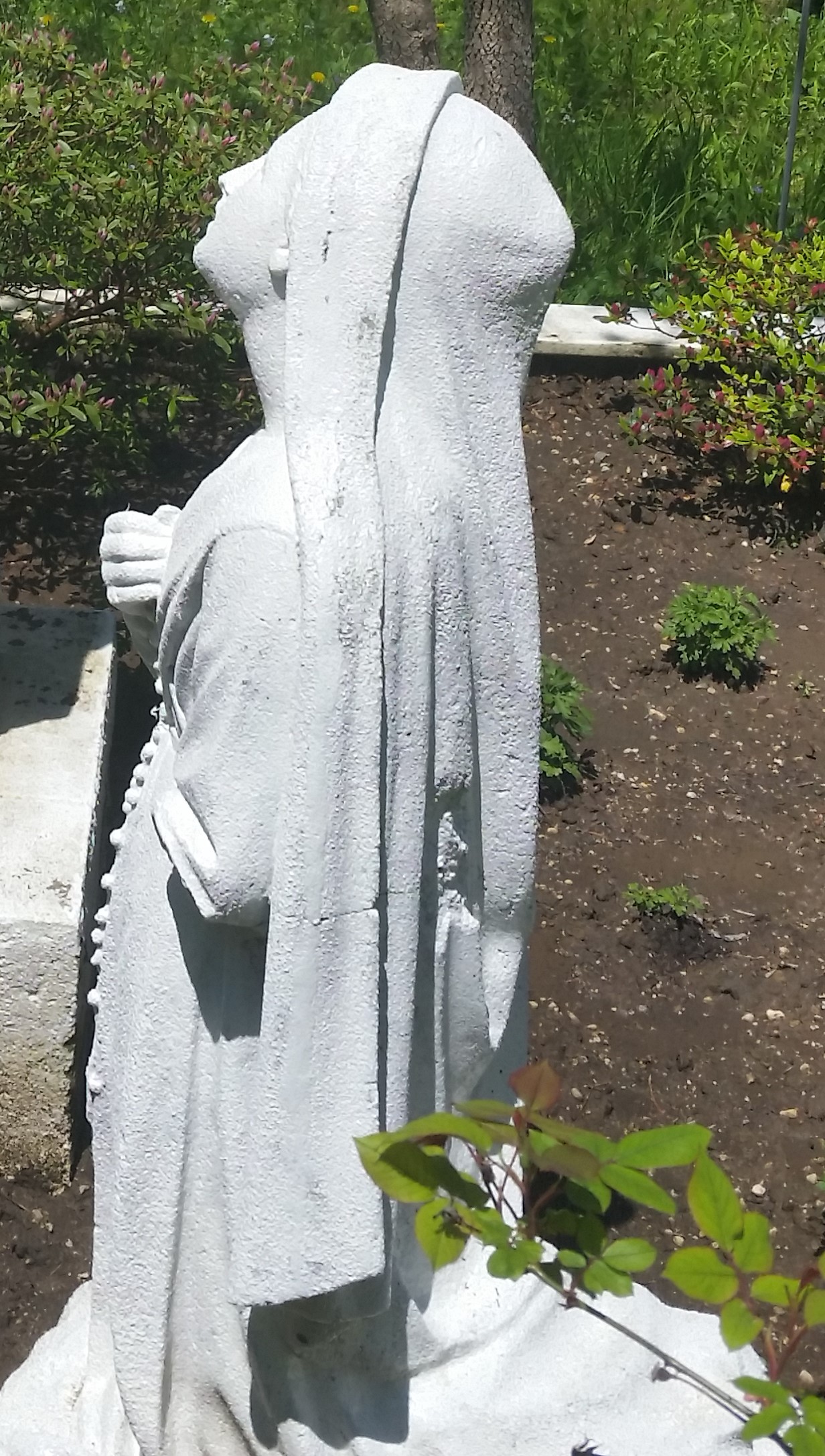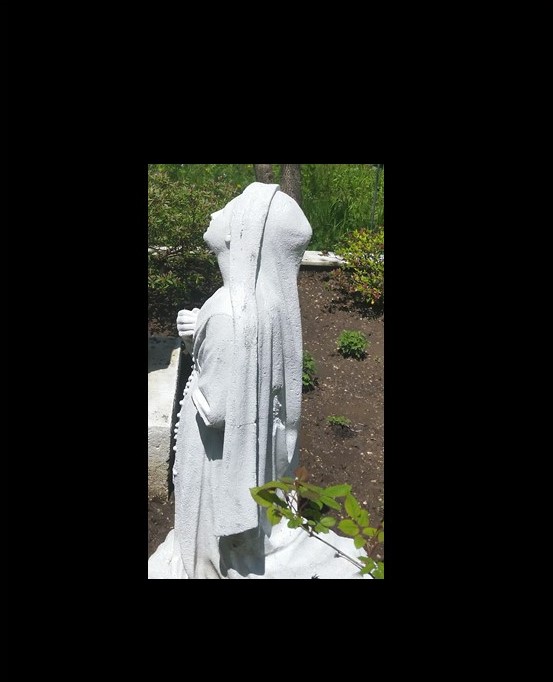Q&A: Please explain about indulgences, especially partial indulgences on beads for which are attached the Crosier, Dominican and Bridgettine indulgences. What are these indulgences and how can I acquire them?
Father James McMillan, SMM
Submitted by Member: A.Q., Knox, Ind.
Potentially Earning . . .
An indulgence, as the Church teaches, is a remission, in whole or in part, of the temporal punishment due to sin. The “temporal punishment due to sin” is the satisfaction that we must make to God. Satisfaction for our sins even though they have been forgiven.
We can make up for that temporal punishment either here on earth, or later, in Purgatory. Through our prayers, penances and good works, we are able to atone, in some way, for the evil brought about by our sins.
Now, the question arises. Why is this satisfaction necessary when sins have already been forgiven? It is true, as St. Thomas Aquinas explains, that “God could remit the sins of mankind without any satisfaction …” on our part. Yet God chose to do otherwise. He chose, in fact, to join us with the suffering Christ. To unite us with Him in His sacrifice of Calvary. He did this so that we can work out our salvation along with Christ. Indulgences help us to remit some or all of that temporal punishment. If an indulgence remit all, it is called plenary; if it remits part, it is called partial.
. . . An Indulgence
In January of 1968, Pope Paul VI renewed and revised the Church’s teaching on indulgences. He stipulated that a plenary indulgence could be acquired only once a day, except for death. Partial indulgences may be acquired many times a day, and that they may be applied only to oneself or to the souls in Purgatory. He abolished the days, months and years that used to be attached to partial indulgences. The pope abolished all special blessings that were once given to rosaries, like the special indulgences that you mention in your correspondence. He made it clear that partial indulgences are now attached to acts of prayer, satisfaction, almsgiving and fasting, in fact to all the traditional good works that are encouraged by the Church.
According to the most recent list of indulgences, the following gain a plenary indulgence: adoration of the Blessed Sacrament for one half hour, reading of the Scriptures for one half hour, the stations of the Cross and the recitation of the Rosary in a Church or public oratory or in a family group, a religious community or pious association. (Enchiridion of Indulgences, 1968.)
Note from Editor: Queen of All Hearts Members may earn plenary indulgences on certain days. See this link for more information. Additionally, throughout the year, especially during November 1-8, and during Lent, there are special days one may earn a plenary indulgence. Information specific to these times of the year are made available on this website as they are approached.
Return to The Queen: Q&A




